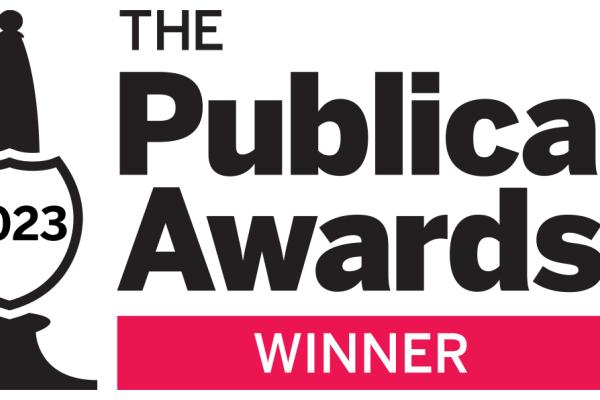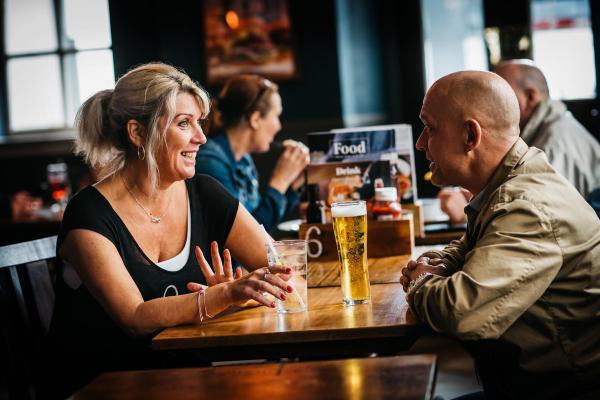3 ways to be your own boss in the hospitality industry
Being your own boss in hospitality is a great way to earn a living and run a small business. You are in control of your own destiny and able to build a business that really reflects your interests and skills.
Hospitality is definitely one of the most popular ways of becoming your own boss simply because it offers so many interesting opportunities.
From running a pub or hotel to operating a restaurant, it is a well trodden route to success – just think about how many famous chefs started as small businesses. A good example is Michelin starred chef Tom Kerridge who began with just one pub in Marlow and now has a chain of restaurant based pubs, as well as a London restaurant at the Corinthia Hotel.
Below we share some of the ways you could become your own boss, with an indication of the costs involved.
1. OWN A RESTURANT OR CAFE
Opening a restaurant or café is the dream of many chefs. However, finding suitable premises can make or break the business. The location needs to be ideal for the type of food you want to sell, and attract the right clientele. This usually means high street premises. The cost of acquiring suitable premises will vary from place to place. In addition, restaurants and cafes will need to acquire an A3 planning licence. Transforming empty premises into a restaurant or café will involve a lot of costs such as buying equipment, interior décor, obtaining all the necessary permissions and fitting out with suitable furniture.
Start up costs involved for setting up a new business or taking over an existing one will vary considerably. Setting up a coffee shop for example can cost between £20,000 and £100,000 depending on the size, style and location just to acquire premises.
Even taking on a going concern involves costs to cover equipment, fixtures and fittings and existing trade. In popular cities and locations, these costs can be as high as £100,000. In addition, there are rent or lease costs to be paid, together with service charges for utilities, insurance, waste management and other facilities.
2. RUN YOUR OWN HOTEL
Tourism - both domestic travellers and visitors from overseas – is set to become an ever increasing part of the UK economy. According to the British Hospitality Industry, combined turnover for the hotel industry is estimated to exceed £40bn.
Setting up in the hotel business can be costly, especially if you are opting for a popular area such as London. However, the rewards are also substantial if you are able to charge appropriately and maintain high occupancy rates. There are no average start up figures available since costs vary considerably depending on the geographical location, size of premises and whether it is new build, an existing business or involves the transformation of an existing building. In addition to the property costs, you also have to factor in other costs such as obtaining the necessary permissions, legal requirements, equipment and furniture, as well as potential add services like restaurants, health & spa facilities.
3. BECOME A PUB LICENSEE
Pubs are a great way to start a hospitality business. Not only do they offer an opportunity in their own right, but can easily combine one or more elements of hotels, B&B’s, restaurants and cafes!
Most pubs already have a kitchen, and provide some kind of daily food offer. Rooms are often available on a bed & breakfast basis, while for guests who want an evening meal, they can enjoy a meal on the premises. Business travellers who want to meet a client in a relaxed environment, can opt for coffee or a bar meal.
I try to ensure that there's always something happening in the business, but we don't do this the way most pubs would. Putting up a poster to advertise a karaoke night isn't really our style. Instead, most of our occasions appear to be unplanned and unadvertised (of course they are anything but that.)Mr Greene King
Most expensive - freehold pubs. This is where you purchase the building outright and therefore costs may be similar to buying a property to run as a hotel or B&B.
Moderately expensive – leasehold pubs. Instead of purchasing the premises completely, a leasehold agreement involves purchasing the lease for the pub and running it entirely as your own business. A lease agreement is usually for between 10 and 25 years.
Least expensive – pub tenancy. This is often the most affordable way of setting up a business within the hospitality business. In this scenario you pay a rent for the pub premises, and costs related to the structure of the building are the PubCo’s responsibility.
Entry costs for a pub tenancy start at around £16,000 depending on the style and location of the pub. A successful pub, with entry costs below £20,000, can easily generate a turnover in excess of £320,000. Refurbishment costs to improve an existing pub can often be shared with the pub company, as the resultant increase in business is beneficial to both parties.
As with any ‘going concern’ entry costs also reflect the profitability of the business based on the previous few year’s turnover. If there is scope to increase profits, you can get yourself a very attractive business in the hospitality sector for a relatively low investment.
What’s The Best Option For You?
Weigh up your options carefully and don’t make instant decisions. Take time to check out all the financial costs carefully, estimating costs and turnover as well as the investment you will need to make the business a success.
Quite often you can find that a little bit of research and thought can result in a much better, long term decision that will really set you on the road to entrepreneurial success. Identify what geographical areas would be ideal, and make sure that there are good business opportunities in those areas. Talk to local business organisations, visit a variety of hospitality businesses such as restaurants and pubs and see what is being provided. Ask yourself what you can provide that is different, interesting and can fill a gap in the overall market provision in that area.
Pub Business Development Managers are always a good source of information as they will be aware of local trends, as well as properties that are available or may be coming on the market in the near future.
Above all, bear in mind that this will be your business and whatever choices you make now, will affect the way your business will operate. Take your time and choose wisely. Hospitality is a great industry in which to be involved and is set to grow considerably – so this is a great time to take that step into a successful future.
If you would like more information about running a pub, sign up for our email series by clicking on the link below. We’ll send you informative articles and advice for researching and planning your pub business.




